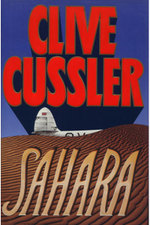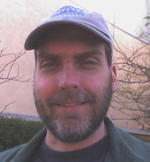From the Times-Herald Record in Middletown, NY…
Man surrenders in break-ins, copper pipe thefts
Over the winter, Lee Goldberg, 24, broke into 23 bungalows at the former Lake House Hotel on Lake House Road in Woodridge, said Fallsburg police.
Cops say Goldberg ripped out copper piping from each on the bungalows, doing between $80,000 and $100,000 in damage. They say he got between 300 and 400 pounds of pipe, which he sold at Weinert Recycling in Liberty for a total of about $2,000.
Police say Goldberg also broke into another colony nearby, taking about 50 pounds of copper pipe, which he also sold.
Police said they’ve been looking for Goldberg for a while, and on Tuesday he turned himself in at the Fallsburg police station.
He was charged with 24 counts of third-degree burglary and single counts of third-degree grand larceny and second-degree criminal mischief, felonies. He was also charged with 23 counts of petty larceny, a misdemeanor. Goldberg was arraigned and sent to Sullivan County Jail without bail, pending an appearance in Fallsburg Town Court.
Police said more arrests are expected.
It’s going to be nice not to have to live in fear any longer.







